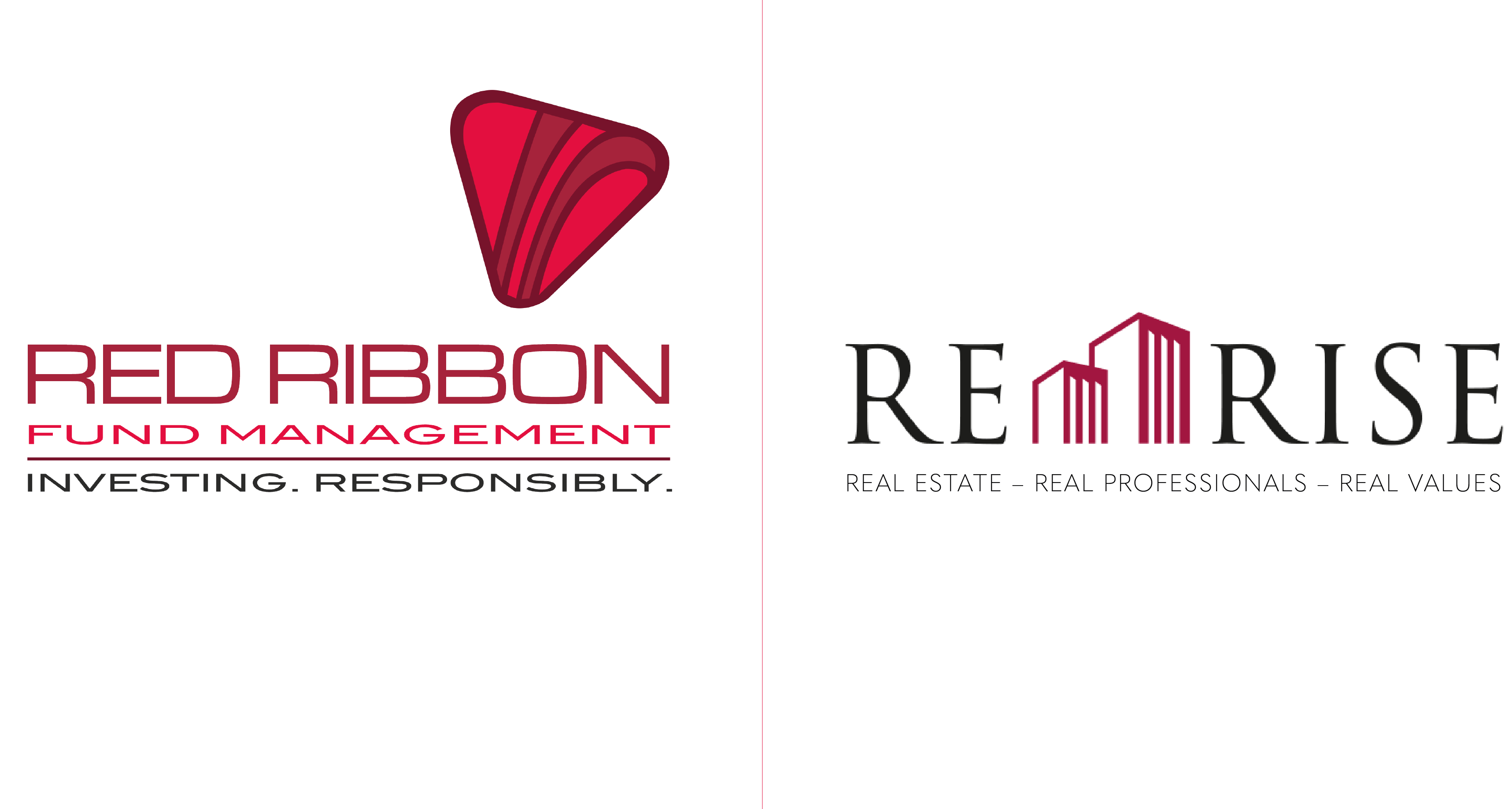So much of our everyday lives has changed over the last twelve months: and I’m not just talking about Elon Musk’s new found passion for Bitcoin and Booster Rockets…although the prospect of him bouncing around on the Moon does add a little touch of sunshine to the day. No, more obviously and much more seriously, COVID restrictions imposed across the planet since March last year have redefined the way we’re all living at the moment, and they’ve radically changed how we can expect to live in the future. But, just like Mr Musk on the Moon, it isn’t all bad: some of those changes are likely to make the world a better place to live in… and a better place to do business as well.
Start by asking yourself exactly what happens if you lock someone up in their house for six months of the year, with one hour’s exercise a day and a bunch of teenagers bouncing off the walls upstairs, refusing to come down for dinner and (improbably) longing to go back to school. You may be lucky enough to escape the children, and you might have no upstairs at all, but the results are pretty much the same across the board: forced isolation has made us long for more and better social contacts, on a much more personalised level. And I don’t know about you, but I’ve lost count of the number of times someone pops up on television these days telling us they’re longing to give (or get) a hug…
Even if you’re not one of those longing for a hug, that has to be a good thing: we need our society to be much better connected in the future, more focused on the individual and less fixated on Facebook, Twitter and the Social Network. Lockdown restrictions have made us realise how important these things are. You can’t hug anyone on Zoom…not yet anyway.
Personalised Hospitality
So its no surprise to hear the Hospitality sector is currently ratcheting up to ensure a more personalised guest experience in the post COVID (and near COVID) future: making increased use of platforms such as Mailchimp and Zoho to engage with guests on a more personal level: not just by adding their first name into an obviously standard e-mail (we saw through that years ago), but marketing in a highly specific manner to a tightly targeted audience. By using data insights, the hotel is able to offer specifically tailored promotions based on similar services taken up on previous stays. And Guests are being offered a more Digitised Experience as well, using predictive and contactless technologies to help Guests feel more feel in charge of their own personal journey: mobile check-ins (using, of course, your mobile), contactless payments, and voice controlled biometric systems to access hotel rooms.
Guests like all this… especially as they emerge blinking into the light from COVID, they want to be treated as individuals, with more (not less) personal engagement. The sullen thudding of teenagers upstairs becomes a distant, and almost pleasant memory. They’re so happy they could almost hug someone…
A Different Kind of Travel…
And for broadly the same reasons, once international travel begins again, it will be a different kind of travel too: more personalised, less dependant on traditional travel agents. So welcome to the independent traveller: shying away from large hotel chains with their conspicuous patterns of consumption, and seeking out instead destinations that are meaningful within their local communities, striving to make a positive impact on the world: destinations like Eco Hotels that are reinventing the importance of sustainability, and embracing the need to make a positive impact on the environment.
COVID didn’t make all that happen on its own, but it has entrenched existing trends and will make sure there’s no going back. With a different kind of travel, there will be a different kind of Hospitality too.
A New Model for Hospitality
Across the Globe, before COVID restrictions were imposed last year, Travel and Tourism was already one of the fastest growing sectors in most international economies: accounting for a staggering 10% of global GDP. And most informed commentators expected international arrivals to rise to 1.8 Billion by 2030 (www.wttc.org): COVID temporarily stalled that trajectory, but it hasn’t halted it altogether…that’s not possible, the growth profile is too strong.
Hospitality is inexorably shifting towards a new, more individual paradigm…it hasn’t all been bad.
DISCLAIMER: The views expressed are solely of the author and ETHospitalityWorld.com does not necessarily subscribe to it. ETHospitalityWorld.com shall not be responsible for any damage caused to any person/organisation directly or indirectly.
Article also published in the Economic Times.



